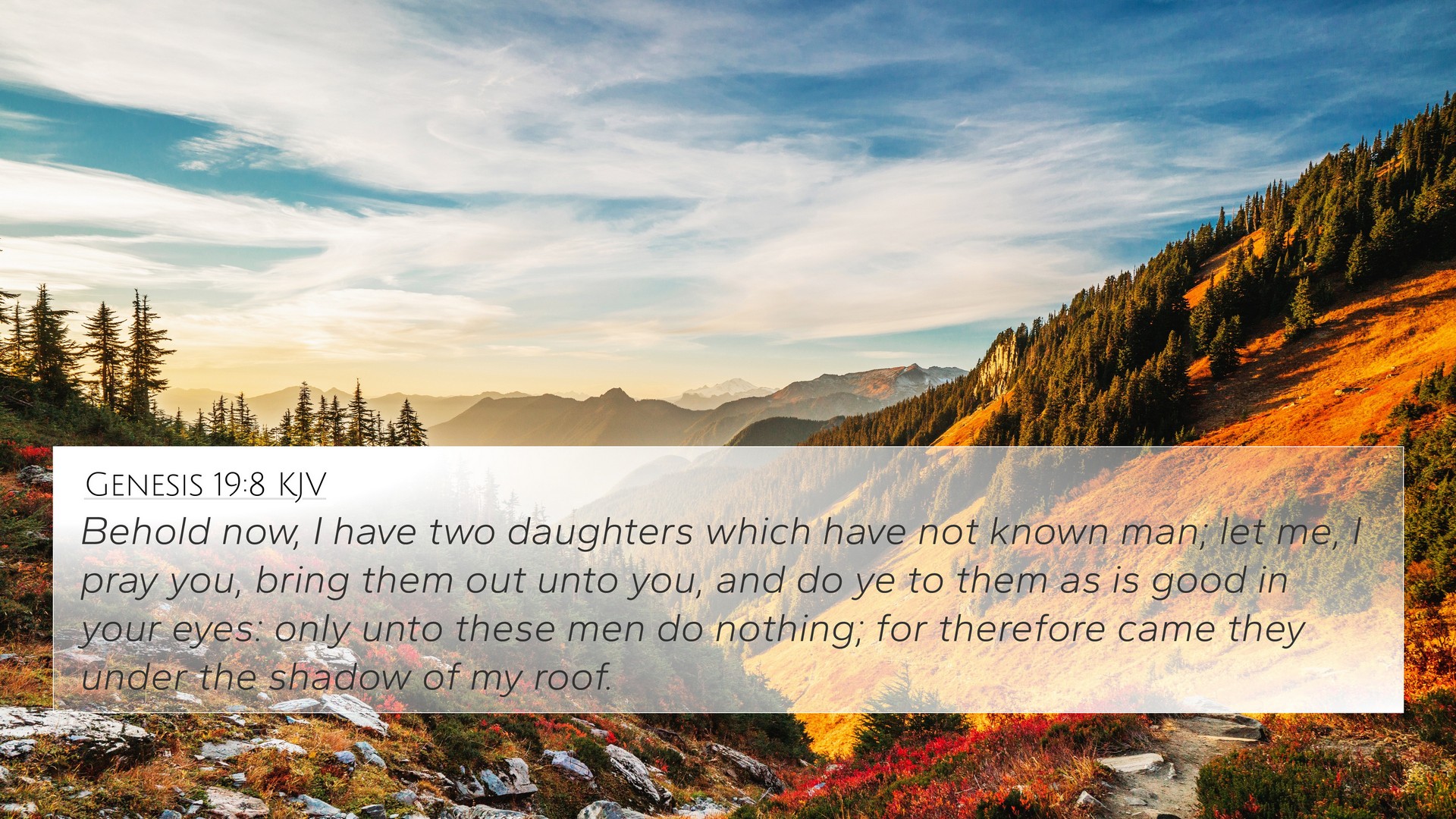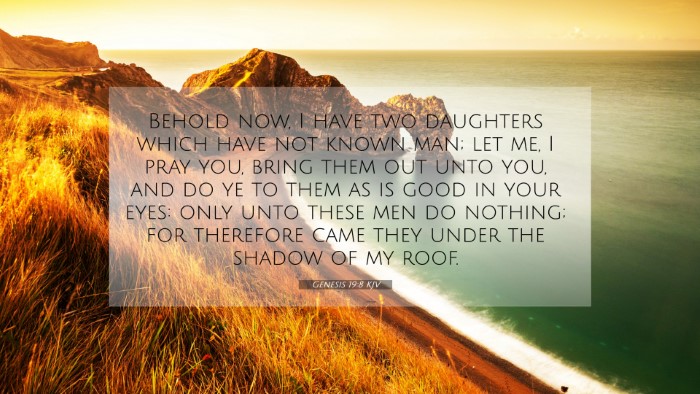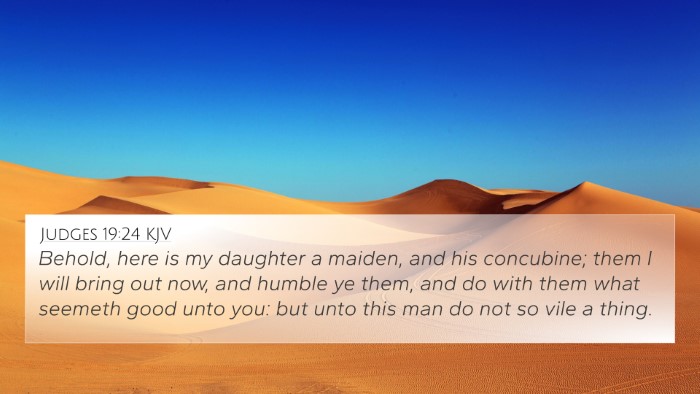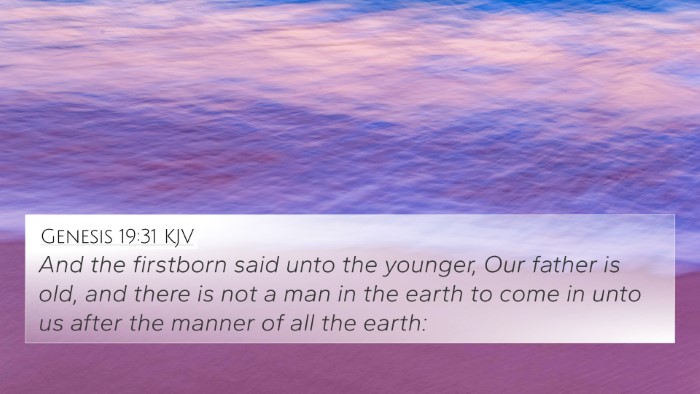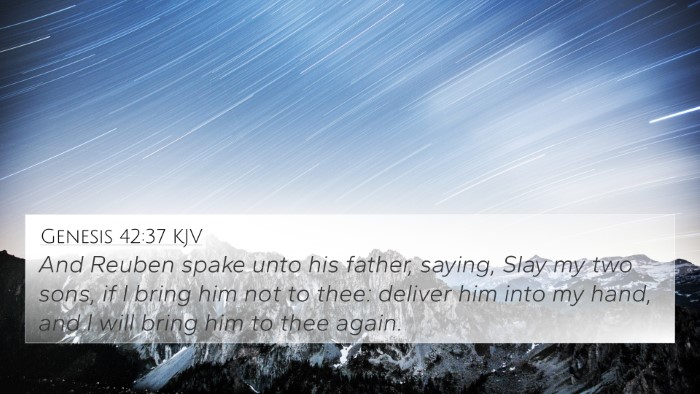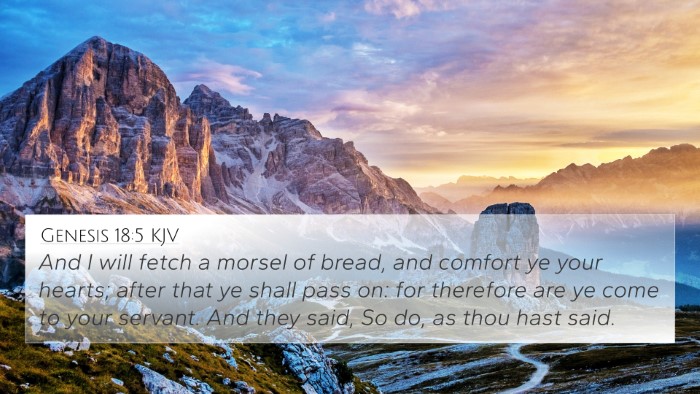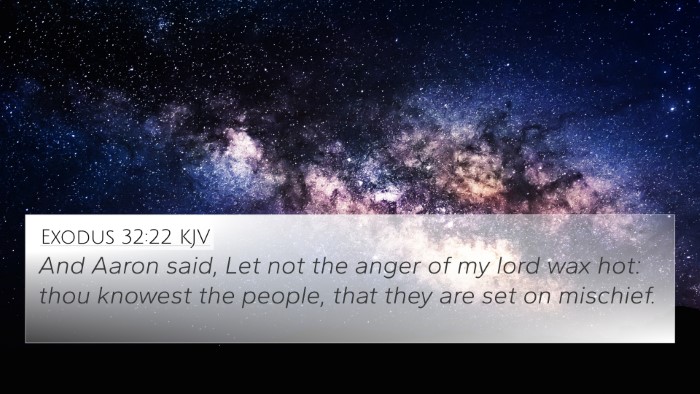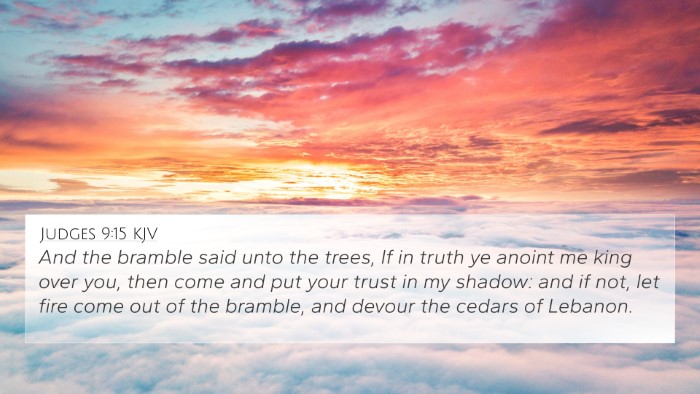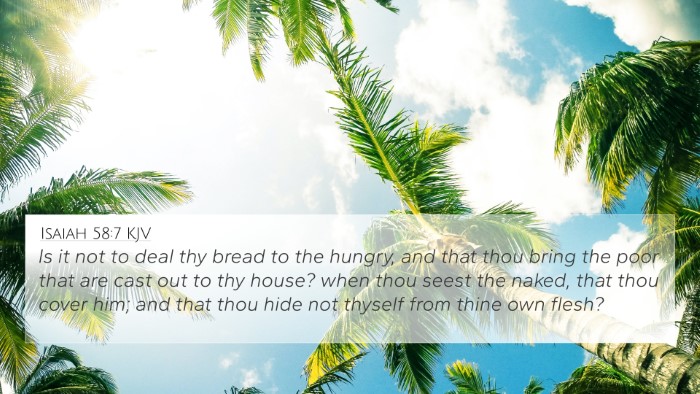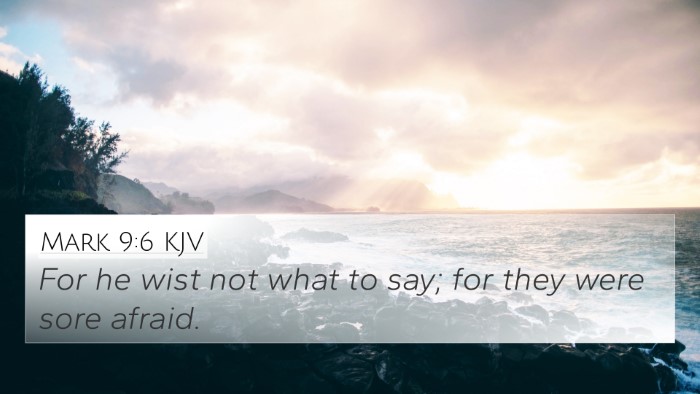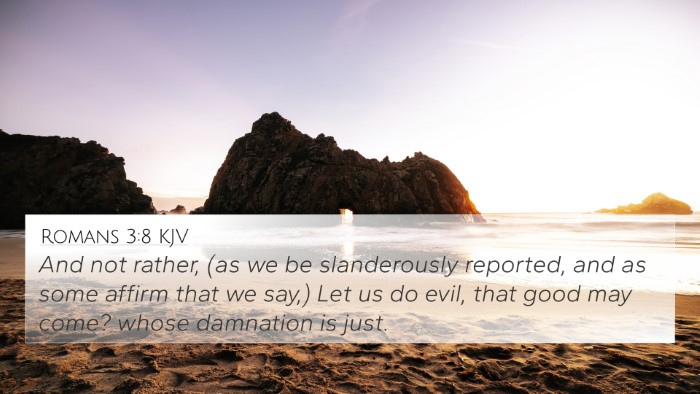Understanding Genesis 19:8
Genesis 19:8 states: "Look, I have two daughters who have not known a man; please, let me bring them out to you, and you may do to them as you wish. Only do nothing to these men, for they have come under the shadow of my roof." This verse occurs during the destruction of Sodom and Gomorrah and highlights profound themes of hospitality, protection, and moral conflict.
Context and Significance
The events leading up to this moment involve angels who have come to save Lot and his family from the impending destruction of Sodom. Lot demonstrates the ancient Near Eastern value of hospitality by offering shelter to these guests, yet he faces an awful dilemma when the men of the city demand that he turn them over to be abused.
Thematic Analysis
- Hospitality and Protection: Lot's willingness to sacrifice his daughters to protect his guests underscores the cultural significance of hospitality in that era.
- Moral Dilemmas: This verse invites readers to grapple with the extent of moral choices under pressure and questioning the ethics of Lot's actions.
- Divine Judgment: The context of impending destruction serves as a backdrop to the choices made by its citizens and highlights God’s judgment against sinfulness.
Historical Commentary Insights
Matthew Henry's Commentary
Matthew Henry emphasizes the striking nature of Lot's offer as a testament to the perversion that Sodom had succumbed to. He points out that such actions expose the horrific moral state of that society and raise questions about the challenges one faces when attempting to adhere to righteousness in a corrupt environment.
Albert Barnes' Notes
Albert Barnes focuses on the significance of Lot's role as the protector of his guests, suggesting that he exhibits great commitment to his responsibilities, even when faced with impossible choices. Barnes reflects on how this incident showcases the dire consequences of living in a city filled with vice.
Adam Clarke's Commentary
Adam Clarke elaborates on the cultural context and points out that the daughters' purity is emphasized as he offers them to the crowd, interpreting this act through a lens of cultural practice rather than moral approval. He encourages readers to reflect on the extremes to which individuals might go in the face of societal corruption.
Cross-References and Connections
This verse contains multiple connections and cross-references throughout Scripture that illuminate its meaning and implications:
- Genesis 18:23-33: Abraham’s intercession for Sodom reflects the moral state of the city and God's justice.
- Luke 17:28-30: Jesus mentions the destruction of Sodom to describe the end times, linking the moral decay of Sodom with future judgment.
- Judges 19:22-30: A similar narrative of hospitality and its consequences reinforces the theme of moral decline in societies.
- 2 Peter 2:6-8: Peter references Lot as a righteous man tormented by the sins of the cities, illustrating the nature of his character.
- Matthew 10:14-15: Jesus discusses the response of cities to messengers, which connects to Lot's hospitality and the consequences of rejecting righteousness.
- Romans 1:26-27: Paul describes the consequences of turning from God, echoing the events of Sodom in illustrating divine judgment.
- Revelation 18:2: The fall of Babylon calls to mind the downfall of Sodom, adding layers of prophetic warning against immorality.
Conclusion
In conclusion, Genesis 19:8 stands as a powerful example of hospitality amid moral conflict, encouraging deep reflection on the choices individuals must make under duress. Through engaging in comparative Bible verse analysis, one can uncover the intricate connections between scripture that illuminate the rich theological and ethical narratives present in the Bible. Understanding these dynamics can significantly enhance one's study of the text and its contemporary applications.
